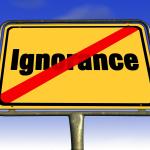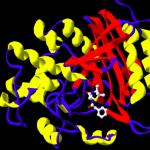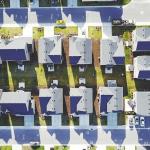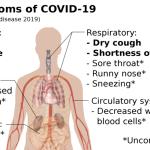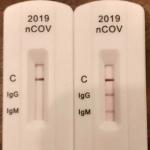Comprehension levels are often two or more grades below reading or education level. Comprehension drops even more when a person is under stress.
CDC's "Simply Put"
COVID-19
Conspiracy theorists who oppose the fluoridation of drinking water claim that fluoride is added not to strengthen teeth but to allow for mind control.
This article was originally published at Geopolitical Futures. The original is here.
Dr. Katherine Seley-Radtke, a professor of chemistry and biochemistry at the University of Maryland, Baltimore County is an expert in antiviral drug discovery, and a member of the ACSH Scientific Advisory Board. Dr.
Today, Vladimir Putin announced that Russian regulators have approved the world's first coronavirus vaccine. He's so confident in it that he claims that one of his daughters has been vaccinated already.
The study comes from a working paper of the National Bureau of Economic Research by authors from UCLA and Yale, seeking to understand how nursing home populations were particularly vulnerable.
Accompanying the pandemic of Covid-19 infections is also an “infodemic” of inaccurate, sometimes dangerous misinformation.
How many Americans have been infected by SARS-CoV-2, the novel coronavirus?
I'm now the father of an amazing little girl who is just now learning to talk.
